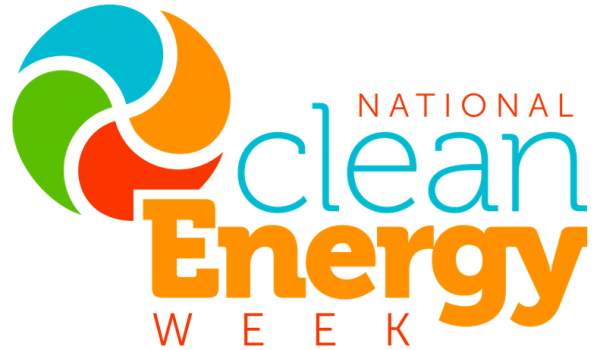Armchair Discussion on the Inflation Reduction Act, Tax Policy with Treasury Official
National Clean Energy Week Policymakers Symposium featured an armchair discussion between Lisa Jacobson, President of the Business Council for Sustainable Energy, and Seth Hanlon, Deputy Assistant Secretary for Tax and Climate Policy at the U.S. Department of Treasury.
As the Inflation Reduction Act’s tax incentives are catalyzing economic growth across communities in the United States, Hanlon noted, “the opportunities that are created are really dispersed throughout the country. Eighty percent of the investments are in counties with college graduation rates that are below the national average.” And, as Lisa Jacobson emphasized, these programs are especially important for rural communities pointing out how innovations in financing mechanisms are “making it easier for co-ops to invest affordably and have more access to clean energy.”
And the benefits don’t end there. The discussion went on to highlight how tax policy is driving substantial private sector engagement. According to Jacobson, “these tax credits can leverage investment from the private sector,” demonstrating the multiplier effect of market-driven solutions. Particularly noteworthy is the impact on American manufacturing competitiveness. Hanlon added that approximately $380 billion in new clean energy investments have been announced since Inflation Reduction Act (IRA) implementation; the Biden Administration believes these investments are strategically positioned to strengthen America’s industrial base and enhance our global competitive position.
Looking ahead, Jacobson and Hanlon underscored the importance of bipartisan collaboration to ensure the resilience of clean energy policy. “Durable policy comes from shared goals. It’s not just about reaching climate targets; it’s about creating jobs, lowering energy costs and driving economic growth,” stated Jacobson.
As the conversation progressed, the speakers signaled encouraging signs of bipartisan support, including recent communications from Republican House members highlighting the positive economic impacts in their home districts.
As these policymakers consider future tax legislation, the concrete economic impacts from the IRA provide valuable data points for evaluating the effectiveness of market-driven approaches to energy innovation. The focus remains on ensuring American competitiveness, creating jobs and delivering tangible benefits to communities across the country.
Watch the full conversation here:
